The promise of new flavours beckons from Banawe.
Here’s How You Can Prepare for an Emergency When You’re on Vacation
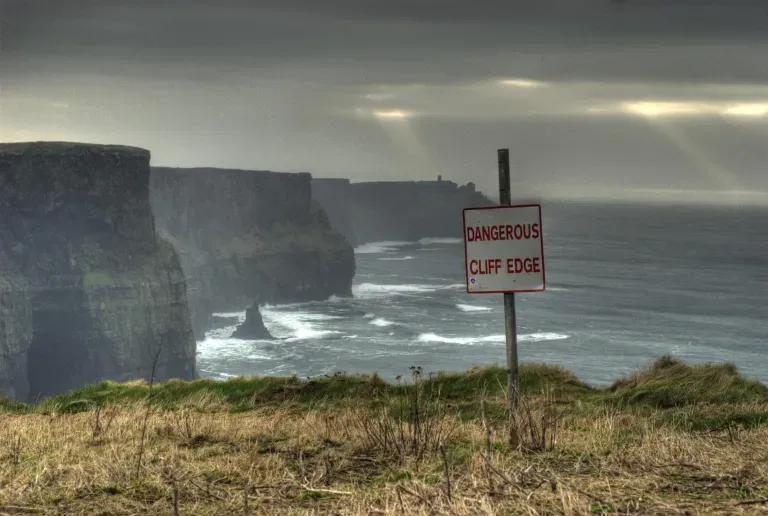
I was standing on a tiny rock cliff staring at the island’s crystal blue waters. I’m not adventurous by any means, so my knees were not in any shape, way, or form to do this — but I jumped anyway. As I (and several other people who know me) might expect, I was dumb to have done this. There was literally no momentum as I jumped, so I immediately sank down onto a bunch of sharp rocks; and from there, I knew I had a gash on one of my shins.
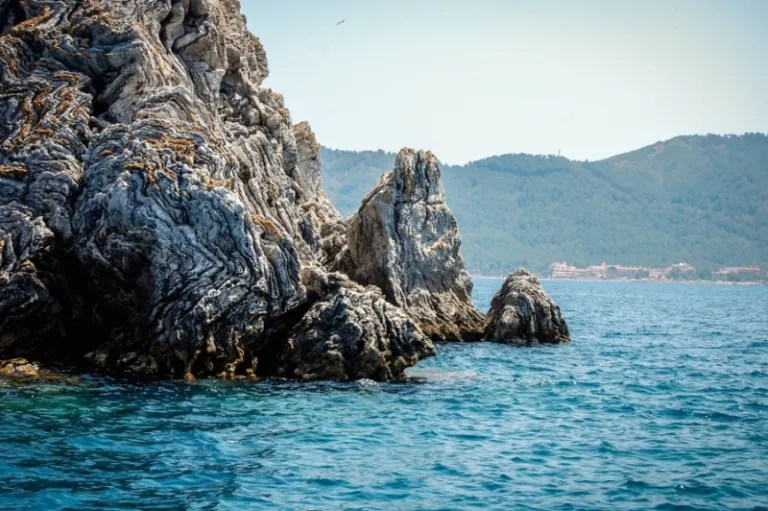
The pain was immense as I emerged from the water. But even as I did, I knew there wouldn’t be any medical support because it was an empty island that had a caretaker as its only resident. People scrambled, and luckily, I had a friend’s mom with me; but the best we could do was put tobacco on the open wound — 0/10 would not recommend (and I still have the scar to prove it)!
The point of this story is that despite the relatively dangerous terrain we were in (there were also sharp spindly vines everywhere), why weren’t any of us equipped with even a basic first aid kit? It’s a common thing to forget, which is weird because we prepare for almost everything before going on vacation.
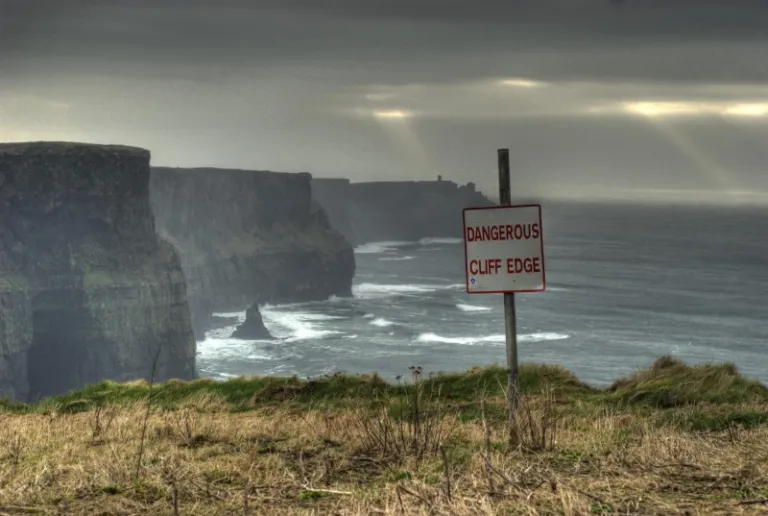
I do understand the idea of not wanting to put any attention towards even the slightest possibility of a hugely negative thing happening. But the thing is, emergencies happen whether or not you’re prepared. So, we’ve listed down the different ways you can prepare for an emergency, as well as things you should do in the event that one actually occurs.
Also read: 35 Travel Disasters & Misfortunes That Could Happen to You
1. Prepare a first aid kit
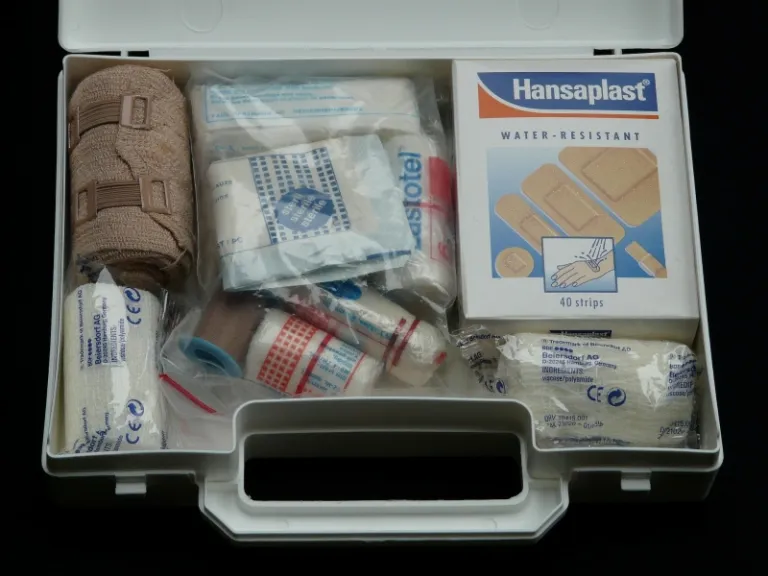
No brainer, right? Preparing an emergency first aid kit should be an important part of your packing list. In addition to common medicine and band-aids, it should also have gauze and antiseptics, among many other things detailed by the Red Cross. The great part is that once you put it together, it can last you a few years and will only need transferring from bag to bag. Even for everyday life, it’s good to keep one at home, in your car, and at work.
2. Prepare a cheat sheet containing your medical information and a few local phrases
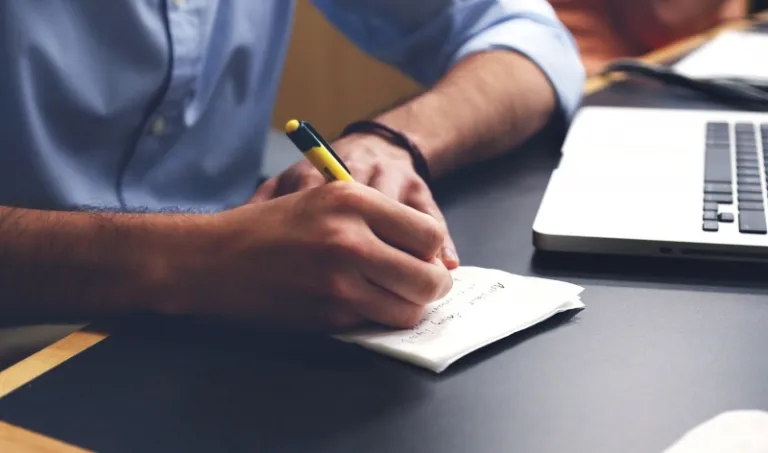
The same way you prepare that small piece of paper with your hotel address and contact info, you should probably get that cheat sheet of local phrases and emergency numbers in, too; you’ll never know when you might need it, and the last thing you want is having to struggle to ask where the nearest hospital is when you’re in dire need of medical assistance.
Another really important sheet of info should contain all your important medical information like allergies, medications, current conditions, and brief medical history as well as the number of your emergency contacts and embassy or consulate. It takes a super low amount of effort, but will be greatly important should anything happen.
3. Check yourself
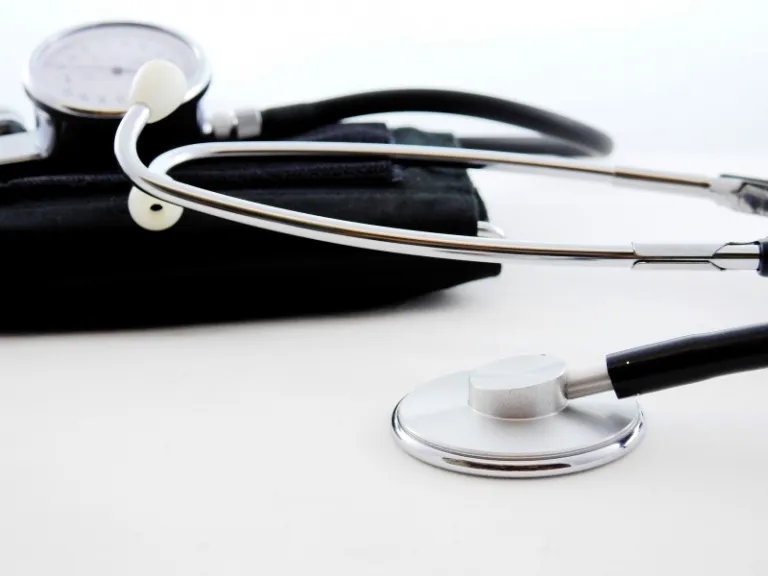
Here’s an easy solution: don’t go if you’re not feeling well. Sounds weird, I know. And I know that a lot of money went into paying for this vacation, but sometimes you have to just know your limits. We’ve all thrown caution to the wind maybe once or twice, but it’s sometimes better safe than sorry if caution includes a clause for mounds of stress and a stack of hospital bills.
P.S. If you want to really be ready (and make good use of that HMO), try and schedule a regular check-up with your doctor before the trip just to see if everything is good and functioning as it should be. Keep up with the news and keep tabs on your destinations as well to know of any possible viruses going around.
4. Pack a lot of patience
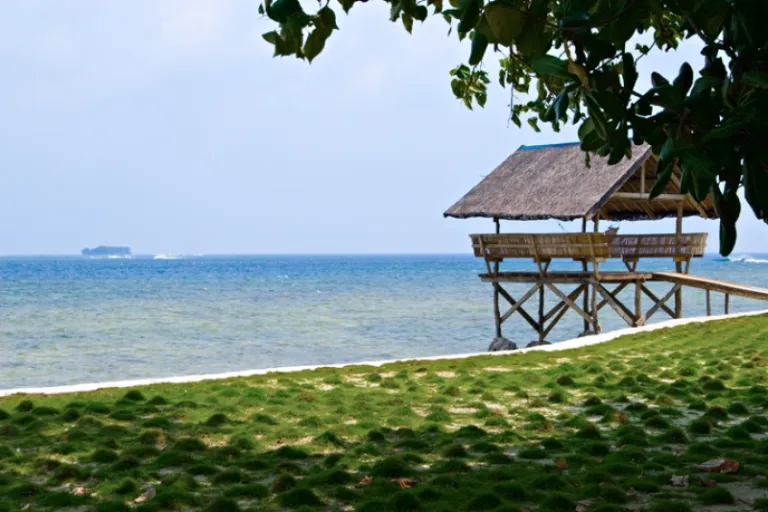
Even before going on your trip, you have to have a good understanding of your destination’s infrastructure, which luckily already goes hand in hand with your run-of-the-mill research and itinerary planning. Set proper expectations for the places you’re going to, so this may mean limited equipment and lack of supplies among other things. And what we’re not going to do is lash out at medical professionals for making do with what they’re given.
In some cases, tourist places don’t even have trained practitioners, which is where knowledge of first aid comes in handy (and where local authorities should be held accountable.) Such is the case of my friend who got stung by a jellyfish in Siargao and was told by her boat guide to just air it out. Good thing she knew what it was and brought calamine lotion with her.
Tip: Aside from looking out for yourself, it’s also good practice to inform the people with and around you (this includes your accommodation and/or travel guides) about any medical conditions that might act up, just so they have some idea of how to deal with in case things go awry.
5. Update your travel insurance policy
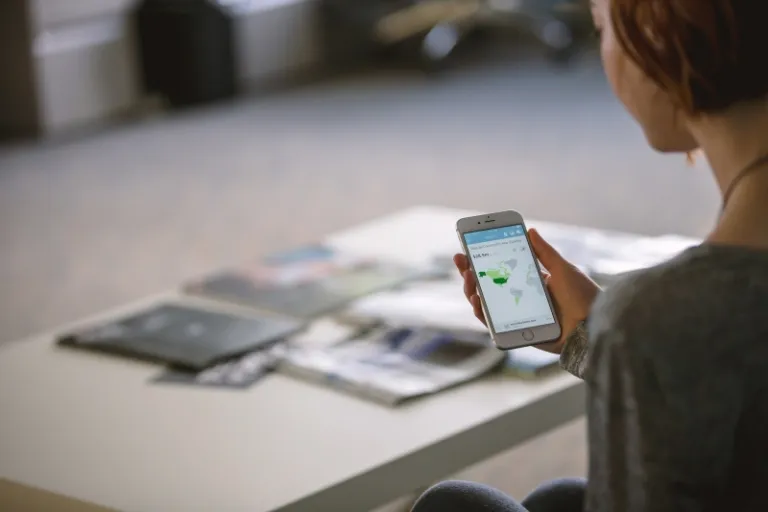
The last thing on this list is actually one of the more responsible things you can do. Yes, I know we’re trying to save money, but think about the headache you won’t have should anything happen. If you already have travel insurance, check to make sure it’s covered and inform your agent about your travel plans.
As fun as travel is, it can easily dive into some dark territory if you’re not careful enough. Some events come up unexpectedly, and so our best battle armour is preparation. Trust me, it’s all worth the effort.
Also read: 7 Life Investments You Should Secure Before Travelling the World
What are your best emergency preparation tips? Share them in the comments below!
Published at
About Author
Andy Lam
Subscribe our Newsletter
Get our weekly tips and travel news!
Recommended Articles
10 Best Banawe Restaurants for a Mouthwatering Food Trip in QC 10 Commandments for Responsible Travel Flexing Spread the good word!
10 Long Weekends in the Philippines in 2023 Book those flights ASAP.
10 Tips for Planning Out-of-Town Trips During Typhoon Season Stay safe and travel well during the rainy season.
12 Most Colourful Natural Attractions Around The World! It’s time to cross over the rainbow!
Latest Articles
Dingalan Travel Guide: Nature Spots to Discover Now Underrated coastal gem in Aurora
What to Eat in Bicol: Iconic Dishes and Treats, and Unique Pasalubong You’ll Love Spice up your foodie adventure with iconic Bicol dishes and must-try pasalubong!
Top Travel Trends in the Philippines for 2025 New spots, tips, and trends
New UK Adventure Park to Visit in Devon and Cornwall Fun countryside escape near London
Ultimate Camarines Norte Travel Guide: Waterfalls, Beaches, and More From surfing to secret waterfalls, Camarines Norte is your next escape!

